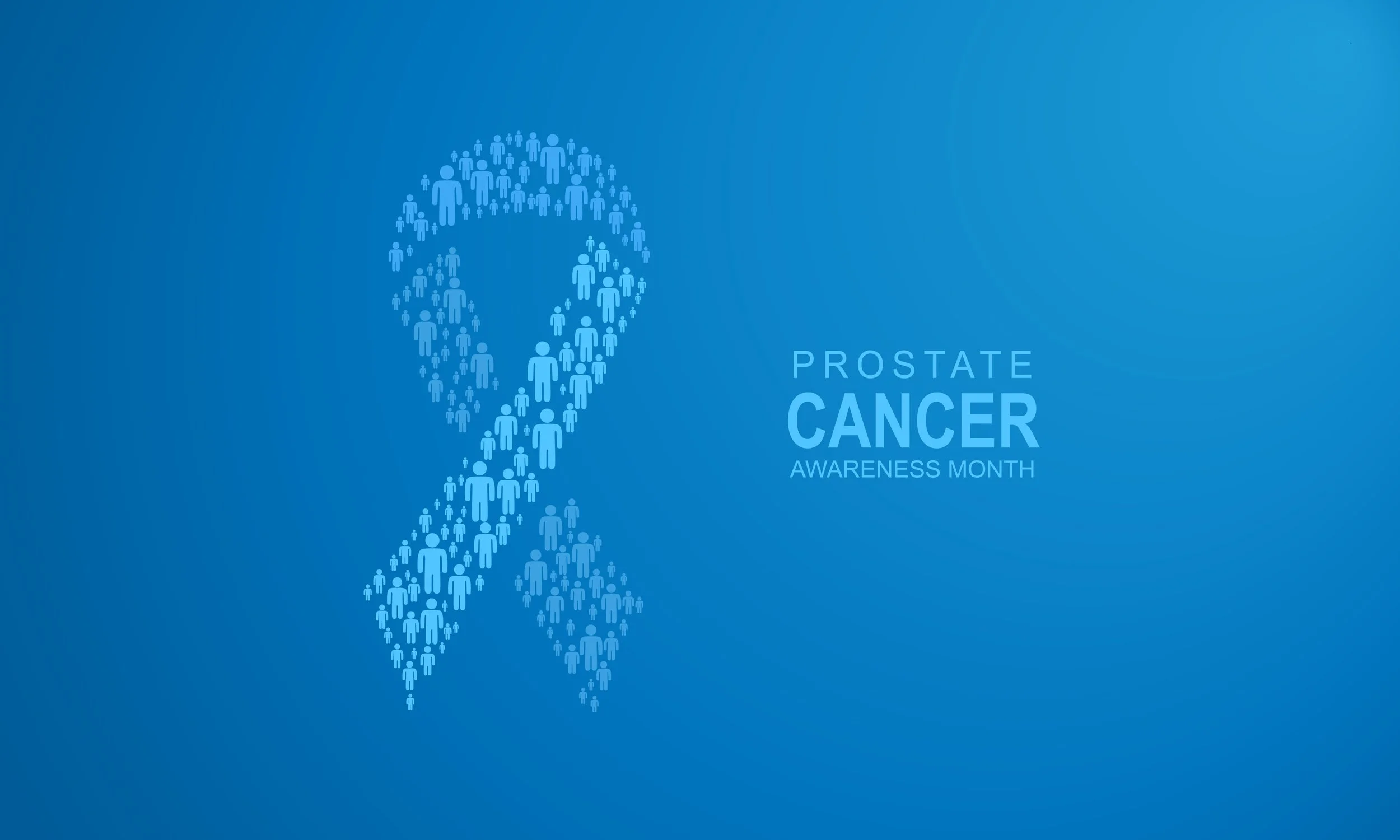Men Over 40: Don’t Wait to Talk About Prostate Cancer
Robert J. Sollaccio, M.D.
Medical Director, Mat-Su Valley Cancer Center
Aurora Integrated Oncology Foundation
Board Certified Radiation Oncology
Early detection is simple, lifesaving—and often avoided until it’s too late.
Every year, 300,000 of men are diagnosed with prostate cancer in the USA—yet too many avoid screenings, often out of fear, embarrassment, or the belief that “it won’t happen to me.” Early detection, however, can mean the difference between a minor health scare and a life-threatening battle. One in 8 men develop prostate cancer, and while it often grows slowly, when caught late it can be deadly.
I recently met a 48-year-old patient—we’ll call him Alan—who avoided routine screening for prostate cancer. He felt perfectly healthy, exercised regularly, and had no symptoms. After educating Alan on the natural history and risk of prostate cancer, a simple blood test and subsequent biopsy revealed early-stage prostate cancer. Because we caught it early, his treatment was straightforward, and his outlook is excellent. He told me afterward, “I wish I’d done this sooner. I could have saved myself months of anxiety.”
Alan’s story is not unique. Too many men delay or skip screening until a problem arises—and by then, their options are limited.
By the time most men reach 40, conversations about weight, cholesterol, and blood pressure start to become routine. Prostate health should be part of that conversation, especially for men at higher risk. Family history is critical—if your father, brother, or uncle has had prostate cancer, your odds are higher. African American men are at 65% higher risk and are more likely to develop aggressive forms of the disease.
So what does screening actually involve? Many men avoid it because they assume it’s painful or invasive. In reality, initial screening usually begins with a PSA (prostate-specific antigen) blood test. Depending on the results and your risk profile, a doctor may also recommend a quick digital rectal exam (DRE). Neither is complicated or time-consuming. In fact, most men spend more time worrying about the test than it actually takes to complete it.
You may have heard about the debate over PSA testing, which can sometimes detect cancers that might never become life-threatening. But modern screening is advanced and more individualized than years past. Doctors now consider PSA trends over time, imaging studies, and other risk factors to avoid unnecessary treatment. The goal isn’t to overdiagnose—it’s to catch aggressive cancers early, when they are most treatable.
And there is good news: treatment for prostate cancer has advanced dramatically. Options range from active surveillance for low-risk cancers to highly targeted radiation and minimally invasive surgery. Survival rates are excellent when the disease is caught early. What makes the difference is that first conversation and that first test.
Breaking the silence around prostate health is critical. Too many men avoid the topic out of embarrassment or fear, but silence can be dangerous. A brief discussion with your doctor can lead to simple steps that may save your life. Think of screening as an investment in your future with your family—one that takes minutes but can give you years.
Men, this is your call to action:
- Talk to your doctor about your individual risk, especially if you’re 40 or older.
- Ask about a PSA test and how often you should be screened, yearly is recommended.
- Share your story and encourage friends and relatives to do the same.
Prostate cancer doesn’t wait for symptoms to appear. Neither should you.
www.matsuvalleycancer.com


